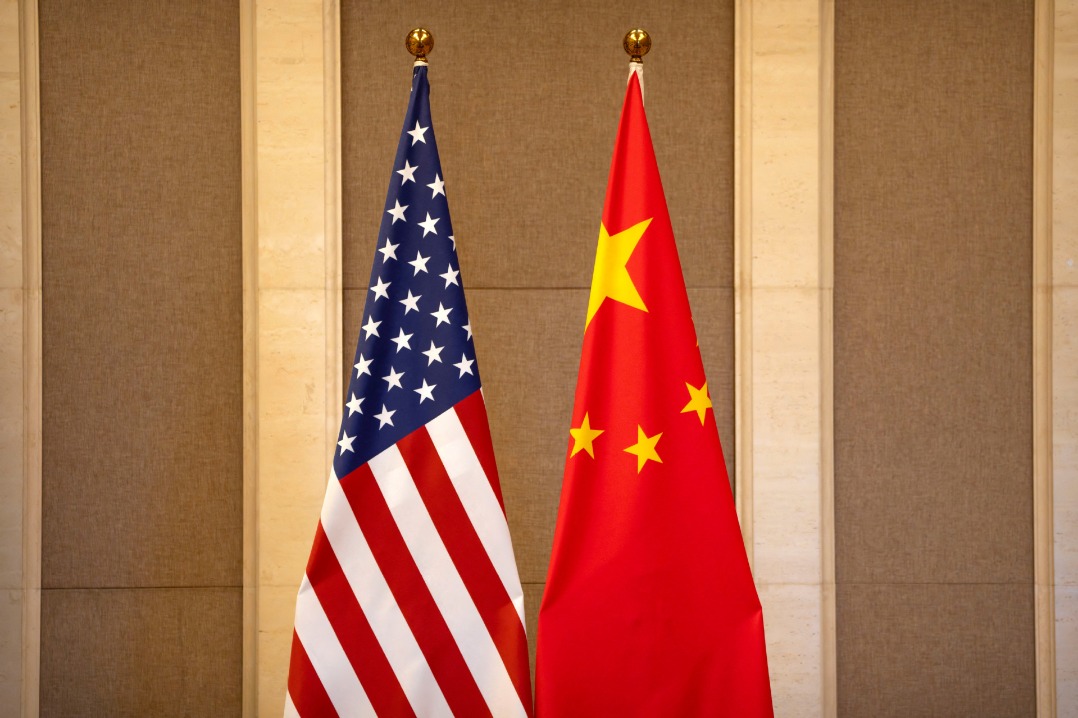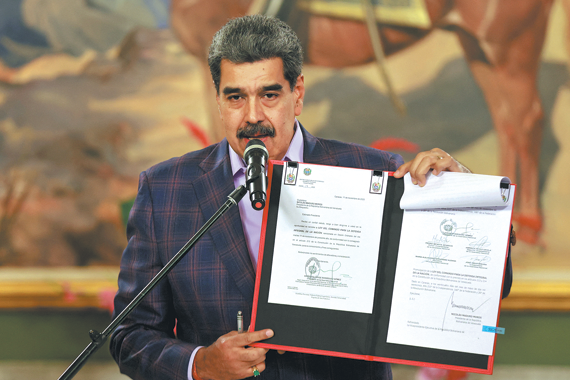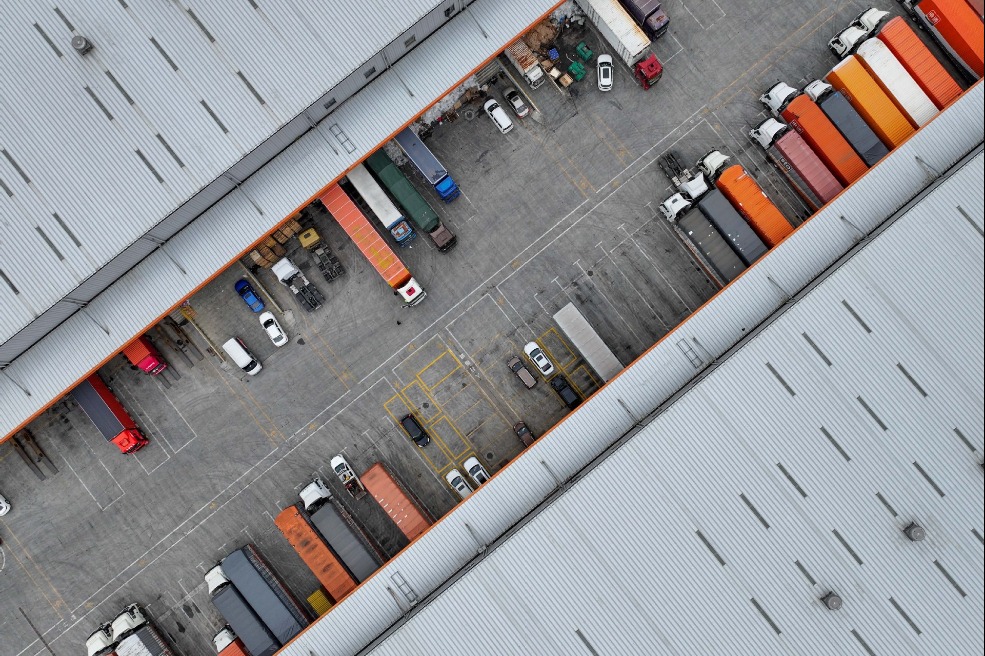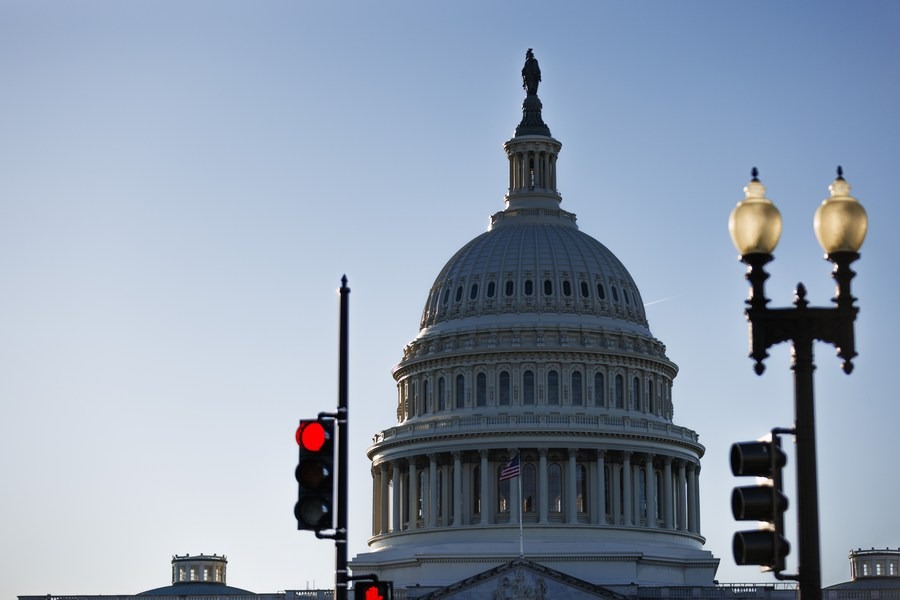BRICS set to be bigger, stronger amid push for unity


A remarkable event occurred at the beginning of the year, to which few gave much attention. The GDP of the BRICS countries (Brazil, Russia, India, China and South Africa) surpassed that of the G7 countries (Canada, France, Germany, Italy, Japan, the United Kingdom and the United States) in terms of purchasing power parity. In addition, BRICS' share of world GDP reached 31.5 percent, while the G7 accounted for 30.7 percent, according to data published by the UK-based economic research firm Acorn Macro Consulting. This gap is expected to be broadened by 2030.
The gap between these groups and the economic influence of BRICS will widen even further as more countries join BRICS.
Ahead of the 15th BRICS Summit, which will be held from Aug 22 to 24 in Durban, South Africa, the host country's Foreign Minister Naledi Pandor said 12 countries are interested in joining the group, including Saudi Arabia, the United Arab Emirates, Egypt, Algeria, Argentina, Mexico and Nigeria, and this will be considered at the upcoming summit. Among others willing to join are Indonesia and Turkiye.
With this expansion, the total population of BRICS members would exceed 4.3 billion, more than half of the planet's population. The GDP of the renewed BRICS+ could reach $30 trillion, which would be more than the GDP of the US, which was $25.46 trillion in 2022.
BRICS has not yet become a free-trade zone. Still, its members agreed to coordinate their actions on trade issues. In 2014, they established their own New Development Bank, whose main priority is development financing outside the Western mainstream. The shares of the NDB are split equally among each of its five founders. China created the similar Asian Infrastructure Investment Bank around the same time. The NDB and AIIB both have a Triple-A rating and have $100 billion in capital.
These development banks have become an alternative to the Bretton Woods institutions such as the World Bank and the International Monetary Fund. It looks like leading developing countries were tired of the reluctance of Western-run development institutions to increase their shares in equity capital and influence in governing bodies, as well as the imposition of unsolicited political reforms in exchange for loans and advice.
The NDB also intends to expand. In 2021, it approved Bangladesh, Egypt, the UAE and Uruguay joining the bank. Several other countries intend to become NDB shareholders soon.
Meanwhile, Brazilian President Luiz Inacio Lula da Silva said on April 14 in Shanghai, when introducing his political ally Dilma Rousseff as president of the NDB, "Why should every country have to be tied to the dollar for trade?… Who decided the dollar would be the (world's) currency?"
It becomes evident that other BRICS member countries intend to take decisive actions to end the dominance of the US dollar in international settlements. During their summit in July 2022, Russian President Vladimir Putin announced that countries were planning to issue a "new global reserve currency".
"We are ready to work openly with all honest partners," he added.
The departure from the dollar in foreign trade operations between countries is already taking place. Since last year, Saudi Arabia has been negotiating with China to accept payments for oil exports in yuan. On March 8, it became known that India pays for most of its Russian oil in nondollar currencies, including UAE dirhams and, more recently, Russian rubles. On March 28, Brazil and China announced the signing of an agreement on conducting all future trade transactions using national currencies.
During President Xi Jinping's recent visit to Russia, Putin openly endorsed using the Chinese yuan as a form of settlement, not only within the BRICS grouping but also with all other emerging economies. The West has been surprised by these moves to abandon the dollar, and the US was particularly shocked that not only China and Russia but all members of BRICS are doing the same.
What can be expected from the ongoing global reformatting of the economic and political map of the world? Fast-growing emerging countries will increasingly push for reforms in international institutions where they feel they are underrepresented. These include the United Nations, the World Bank, the IMF, the World Trade Organization and the World Health Organization.
The G7 will come under intense pressure to relinquish control of those institutions. In the current decade, the geopolitical battlefield will evolve from the confrontation between individual countries into battles between powerful unions. The likelihood of confrontational economic and political differences will increase. It is now clear that powerful developing countries are not only aware of their growing power but, more important, are building mutual trust and have begun to unite. Notably, they do not participate in strengthening the institutions of the Western-centric world.
Today, many nations wonder which global grouping it is better to deal with. And here it would be wise to recall the famous expression of the great hockey player Wayne Gretzky, who once said, "I skate to where the puck is going to be, not to where it has been".The competition between different political and economic systems is getting tougher.
The author is a former prime minister of Kyrgyzstan, a distinguished professor at the Belt and Road School at Beijing Normal University, and author of Central Asia's Economic Rebirth in the Shadow of the New Great Game. The views do not necessarily reflect those of China Daily.

































